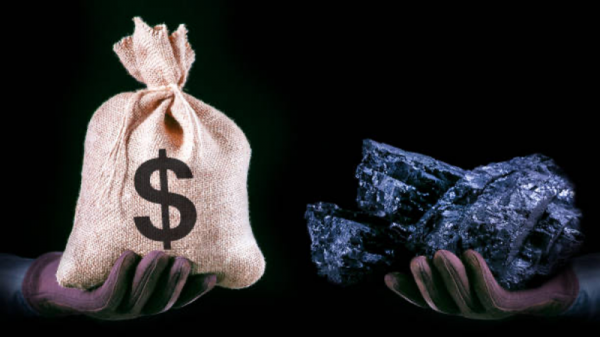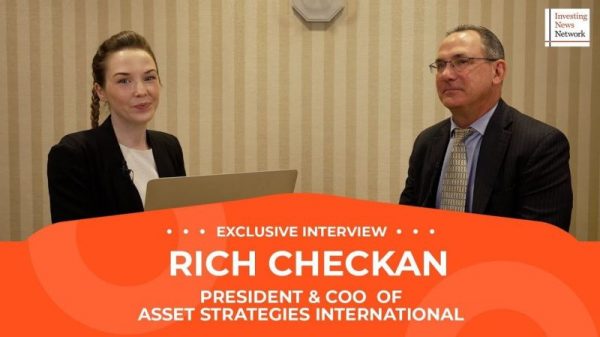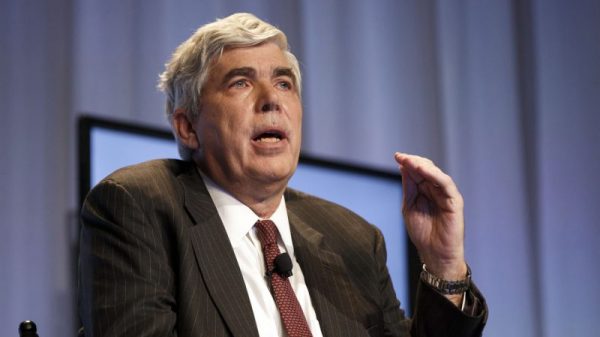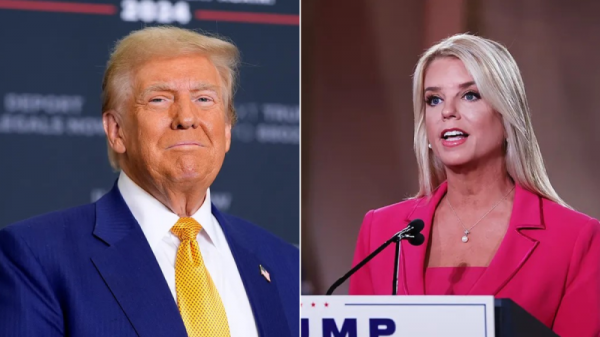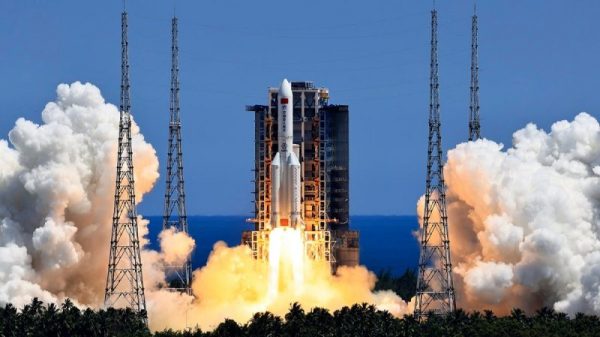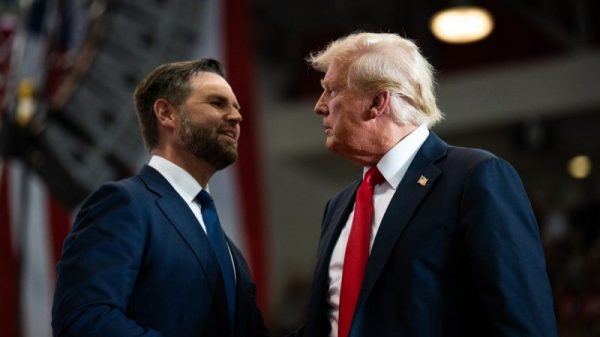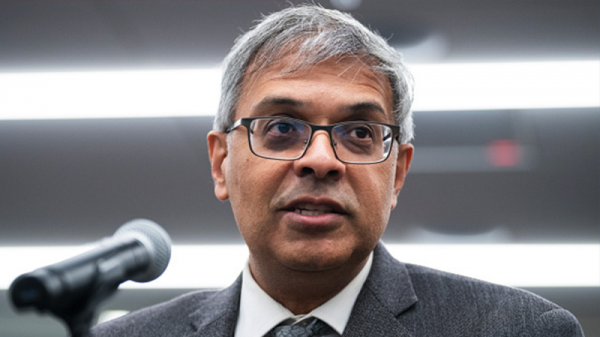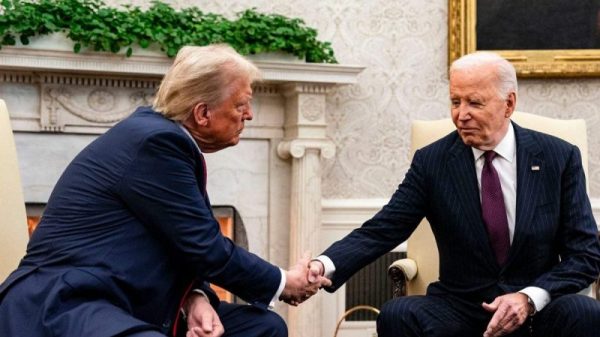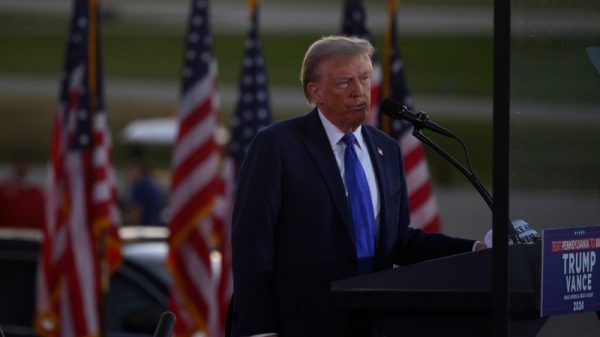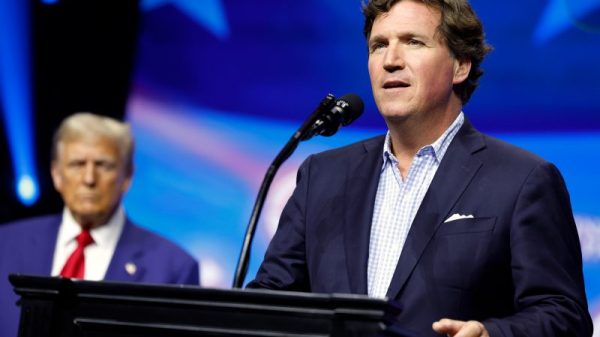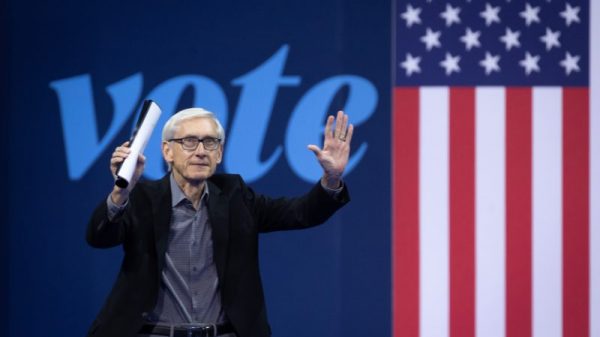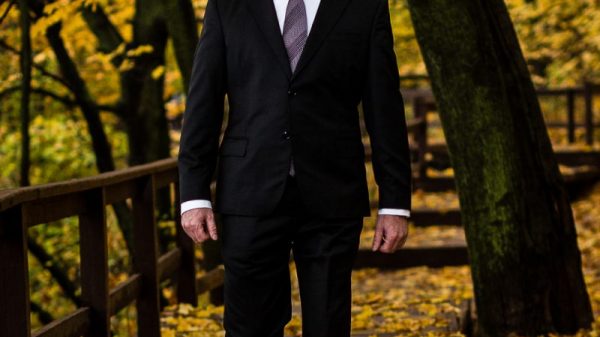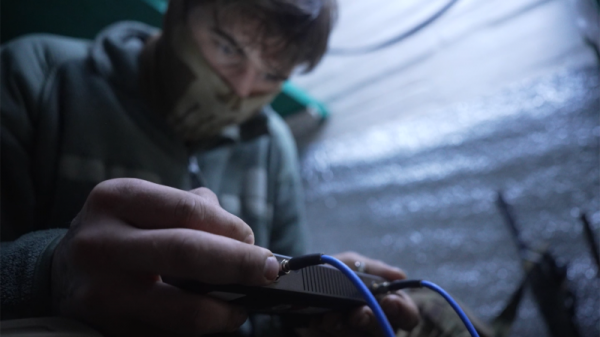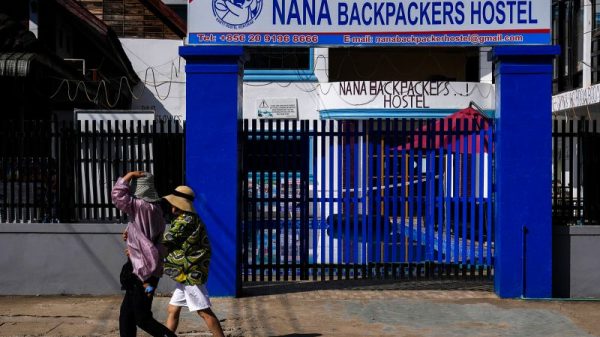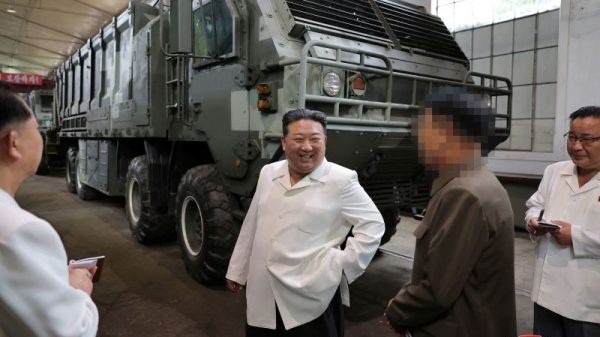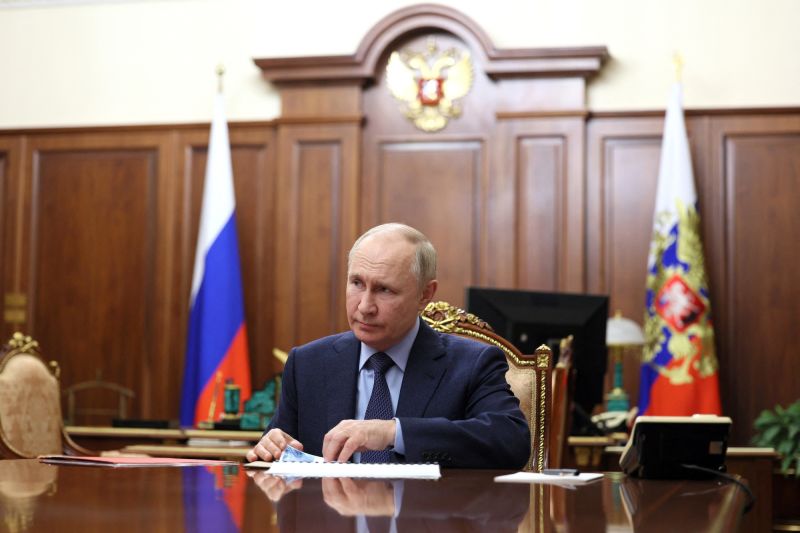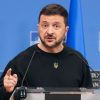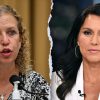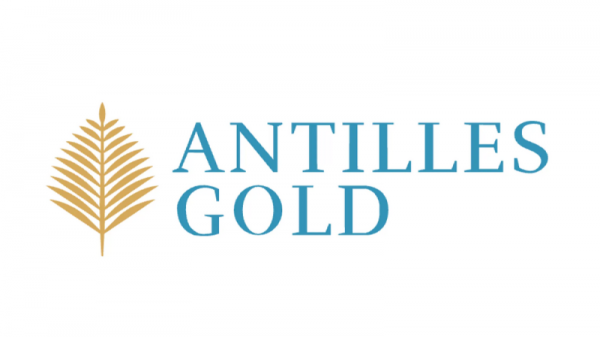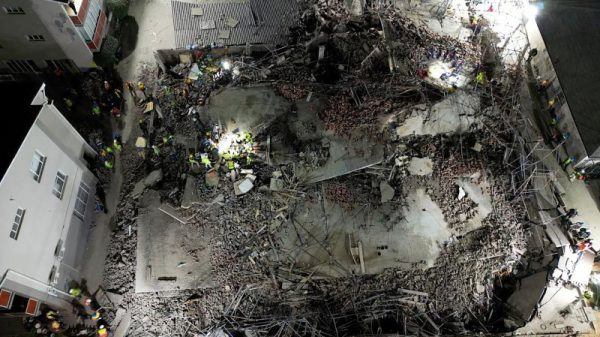As 2023 draws to a close, Russian President Vladimir Putin is all about a vibe: projecting confidence as he sails to inevitable re-election in March.
Presidential elections in Russia are perhaps best described a kind of political theater. Putin has no serious rivals; his most prominent opponent, Alexey Navalny, is in a prison 40 miles north of the Arctic Circle; and pliant media portray the sitting president as Russia’s indispensable man. But this spring’s vote is an important public ritual for the Kremlin leader, who stands to secure power until the end of the decade.
Putin announced his bid in an almost casual fashion. Following a “heroes of Russia” ceremony earlier in December, Putin held an on-camera chat with a group of servicemen who had fought in Ukraine – and who, unsurprisingly, implored the president to run in 2024.
“On behalf of our people, of Donbas as a whole and our reunified lands, I would like to ask you to take part in this election, said Artyom Zhoga, a representative of the Russian-occupied Donetsk region. “After all, there is so much work that needs to be done… You are our president, and we are your team. We need you, and Russia needs you.”
Putin’s aw-shucks reply?
“I won’t deny that at different times I had different thoughts [about this],” he said. “But now, you are right, the time has come to make a decision. I will run for the post of president of the Russian Federation.”
It was a moment clearly scripted to showcase Putin as beloved national leader. And it also pointed to what Putin likes to advertise as a signal achievement of the full-scale invasion of Ukraine, Russia’s annexation of four regions of Ukraine in defiance of international law.
But if Putin is running as a wartime president, he has to massage the facts. Russia does not fully control the Ukrainian regions it claimed in September 2022; the war on the ground has been extremely costly in terms of Russian lives and equipment; and Russia’s Black Sea Fleet has taken a serious beating.
What’s more, the war has quite literally come home to Russia. In recent months, Ukrainian drones have struck deep inside Russian territory. Saturday saw more than 20 killed in one of the deadliest incidents of the war for Russian civilians. While Kyiv maintains some level of deniability, such attacks have had some unsettling psychological effect – particularly when drones managed to breach the airspace around the Kremlin in May.
But the biggest blowback from war in Ukraine occurred in June, when Russian mercenary boss Yevgeny Prigozhin launched an insurrection amid a feud with Russia’s top military brass and marched on Moscow.
Prigozhin’s Wagner paramilitaries stopped short of the Russian capital, in a murky deal apparently brokered by Belarusian President Alexander Lukashenko. But the images of Wagner forces rolling virtually unopposed toward Moscow – and the downing of Russian military aircraft by the mercenaries – were a massive blow to Putin’s image as guarantor of Russian domestic stability.
Within two months of the mutiny, Prigozhin was dead: The mercenary boss died in a still-mysterious plane crash late August. Putin had survived the biggest challenge to his hold on power in over two decades, but the rebellion undermined one of the key pillars of his rule: the president’s aura of invulnerability.
“Many ultra-patriots were baffled by the mercy initially shown toward Prigozhin and interpreted it as a sign of weakness: both of the state and of Putin himself,” wrote Russian political analyst Tatiana Stanovaya in the aftermath of the crash. “Even in the unlikely event that Prigozhin’s death was a genuine accident, therefore, the Kremlin will undoubtedly do everything it can to make people believe it was an act of retribution. Putin sees this as his personal contribution to the strengthening of Russian statehood.”
By year’s end, the Kremlin’s PR machine seemed to have swept the whole Prigozhin affair under the rug. In Putin’s marathon, year-in-review press conference, Prigozhin’s name was never uttered, although Putin did concede “setbacks that the Defense Ministry should have prevented” when it came to private military companies.
As always, the annual summing-up was a master class in spin, with Putin confidently presenting the message that Russia was again on the front foot and reeling off statistics to bolster his point. The economy, he said, was returning to GDP growth, bouncing back from 2.1% decline the previous year, and Russia’s industrial output is growing. The country’s unemployment rate, he boasted, had dropped to a historic low, 2.9%.
Russia has indeed weathered sanctions and its economy is on a war footing: According to the US Treasury Department, defense spending has been the main driver of economic growth. And that looks set to continue, as Putin has promised to spend whatever it takes to prosecute his war on Ukraine.
And the situation on the battlefield in Ukraine has given Putin another opportunity to project self-confidence. Ukraine’s much-vaunted counter-offensive failed to yield any breakthrough, and the Biden administration’s request for more than $60 billion in aid for Ukraine has stalled in Congress over Republican demands on border security and immigration policy. Hungary blocked the latest proposed European Union aid deal for Ukraine.
Putin clearly wants the world – as well as his electorate – to believe that he is winning, and he is counting on support for Ukraine to waver. Asked in his press conference when there will be peace in Ukraine, Putin offered the same open-ended formula he used to justify the full-scale invasion of Ukraine in February 2022.
“There will be peace when we achieve our goals, which you have mentioned,” he said. “Now let’s return to these goals – they have not changed. I would like to remind you how we formulated them: denazification, demilitarization, and a neutral status for Ukraine.”
On Friday, the Russian military reminded the world what “denazification” means in practice, showering Ukrainian cities with the largest missile and drone attack since the beginning of the full-scale invasion.
The relentless attacks on Ukrainian civilians, however, may have an unintended effect. Following the latest wave of strikes, European Commission President Ursula von der Leyen, UK Prime Minister Rishi Sunak and France all called for continued support for Ukraine. What remains to be seen in 2024 is how creative Ukraine’s allies can be in delivering on those pledges.



